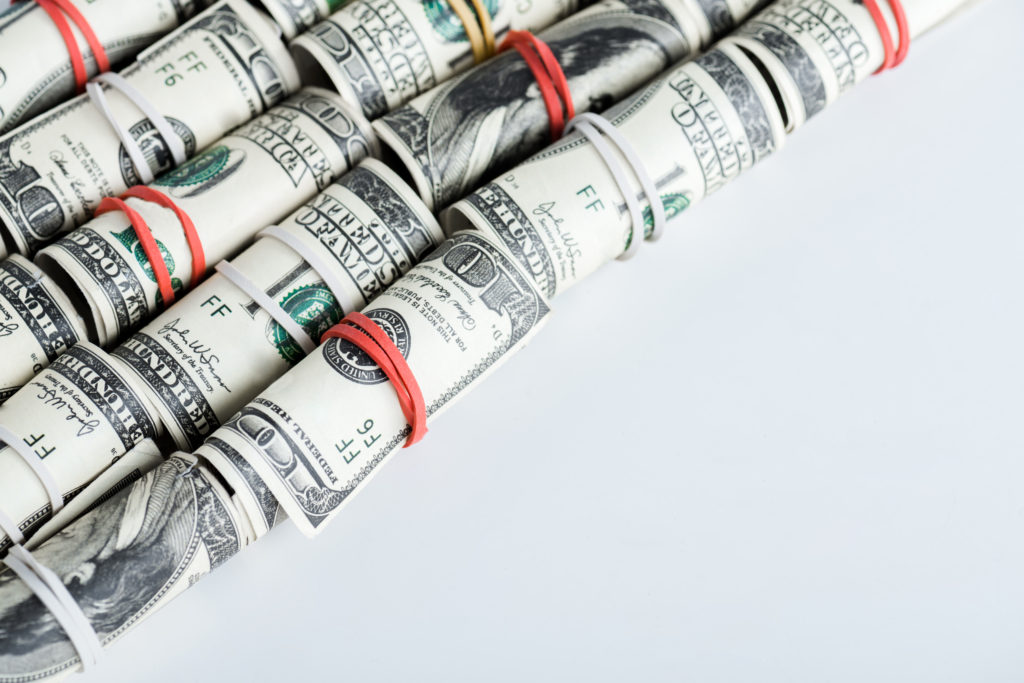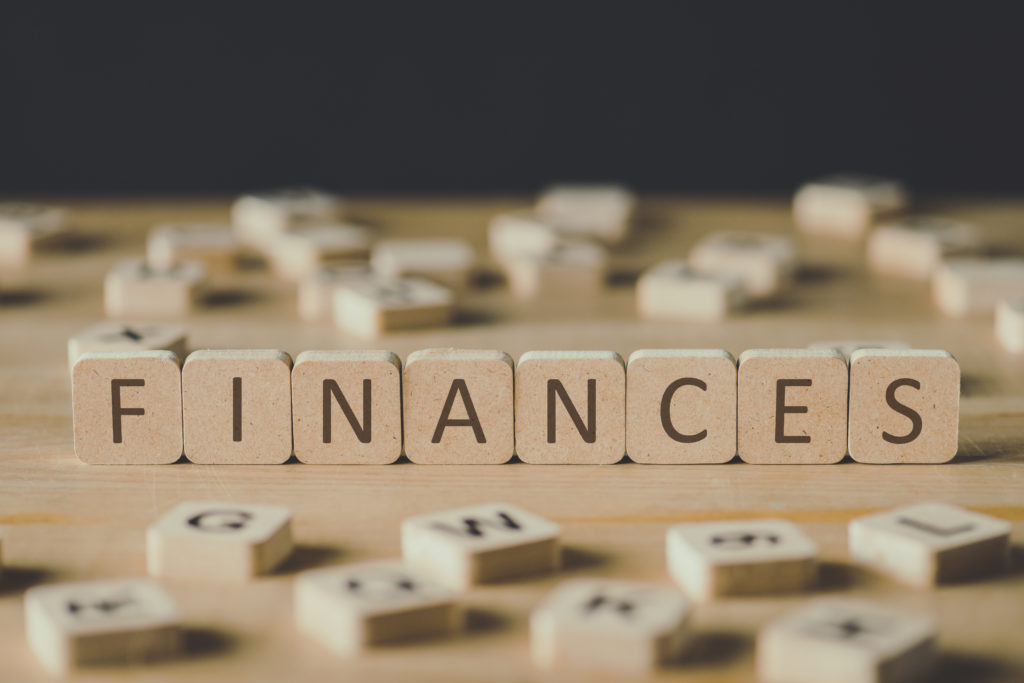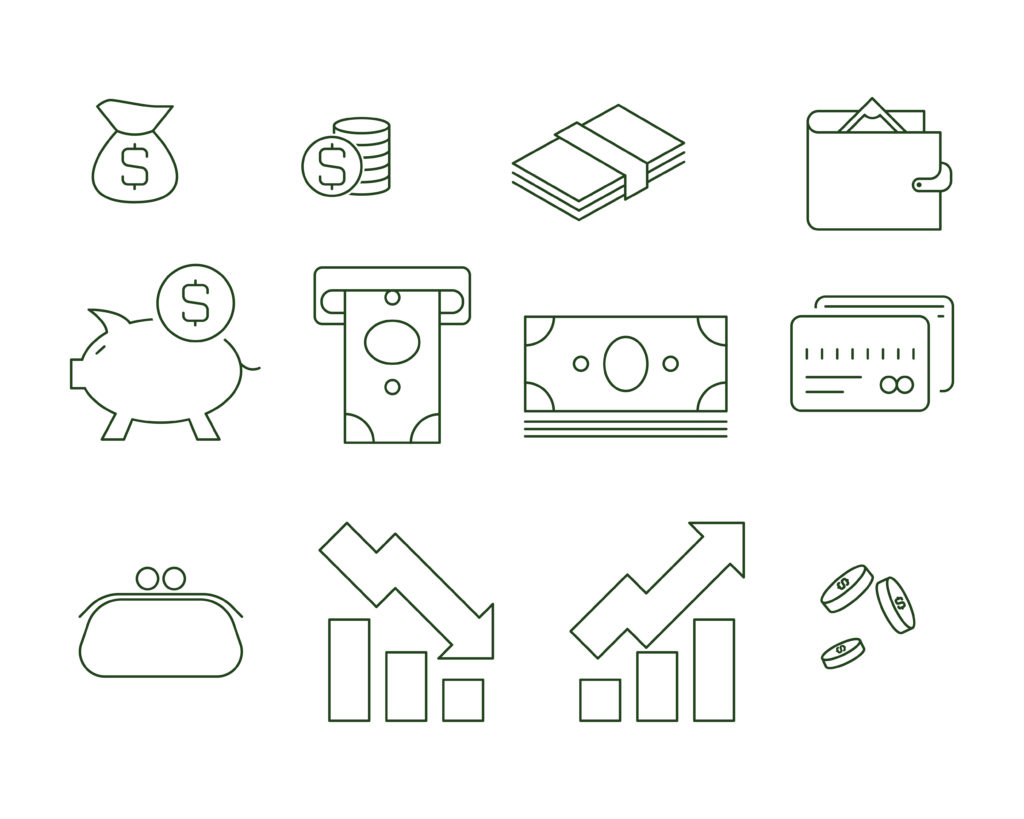How to understand your personal spending habits. Money management is something most consumers have sought advice for at one point in their lives. Learning how to manage money is an important skill we all need, knowing the foundations of finance: how to manage loans, debt, budgets, is vital to your financial success.
Here are some of the important resources on personal finance that could be useful to getting your finances on track.

Resource 1 How To Understand Your Personal Spending Habits
Mint.com
One of the most accessible and most popular personal finance tools available, and it is excellent. Also, Mint is free, it is easy and helps you maintain the budget you set by sending you notifications when you’ve hit a certain budget for the month.
It helps you maintain the good financial habits you want to start forming now. It is one of the best tools on the market that gives you a great overlook of your financial health. Some of the advantages of Mint are;
You can see all of your bills and money at a glance
Create budgets easily with tips tailored to you
Enjoy access to unlimited free credit scores, without harming your credit
Effortlessly stay on top of bills
Bills are now easier than ever to track. Simply add them to your dashboard to see and monitor them all at once.
Also, receive reminders for upcoming bills so you can
plan ahead
And also, never miss a payment with alerts when bills are due
Get warned when funds are low so you know what you
can pay
Resource 2 How To Understand Your Personal Spending Habits

Dave Ramsey
More than 25 years ago, Dave Ramsey fought his way out of bankruptcy and millions of dollars of debt. He took what he learned and started teaching people ways of handling money. Since then, Financial Peace University has helped nearly 6 million people take control of their money for good.
Ramsey’s 7 baby steps is a good start for those looking to take charge of their finances. Dave Ramsey’s 7 Baby Steps will show you how to save for emergencies, pay off all your debt for good, and build wealth.
Baby Step 1: Save $1,000 for Your Starter Emergency Fund

In this first step, your goal is to save $1,000 as fast as you can. Your emergency fund will cover those unexpected life events you can’t plan for. And there are plenty of them. You don’t want to dig a deeper hole while you’re trying to work your way out of debt!
Baby Step 2: Pay Off All Debt (Except the House) Using the Debt Snowball
Next, it’s time to pay off the cars, the credit cards, and your student loans. Start by listing all of your debts except for your mortgage. Put them in order by balance from smallest to largest—regardless of interest rate. This is called the debt snowball method, and you’ll use it to knock out your debts one by one.
Baby Step 3: Save 3–6 Months of Expenses in a Fully Funded Emergency Fund
Now that you have paid off your debt…the money being saved can be used to fully fund an emergency fund account that will cover up to 6 months of your expenses.
Baby Step 4: Invest 15% of Your Household Income in Retirement
Take 15% of your gross household income and start investing it into your retirement. Begin with your company’s 401(k) plan with the full employer match. Invest the rest into Roth IRAs—if you’re married, one for each of you.
Baby Step 5: Save for Your Children’s College Fund
By the time you have reached this step, you’ve paid off all debts (except the house) and started saving for retirement. Next, it’s time to save for your children’s college expenses. We recommend 529 college savings plans or ESAs (Education Savings Accounts).
Baby Step 6: Pay Off Your Home Early
Any extra money you can put toward your mortgage could save you tens (or even hundreds) of thousands in interest.
Baby Step 7: Build Wealth and Give
Keep building wealth and become insanely generous.
These steps my seem like a huge mountain you just can not climb but if you are determined to make it happen…baby steps!!
Resource 3 How To Understand Your Personal Spending Habits
Here are some books I think are worth looking into, go to resources you can take anywhere.
Resource 4 How To Understand Your Personal Spending Habits
Lastly, here is a Ted Talk video on personal finances by Tammy Lally I think you will appreciate
I work for a mental health agency and part of my job is helping consumers establish a budget. We have them write down what they are expected to pay like their rent, utilities, phone, co pays etc.
All of our consumers are on a fixed budget and due to their mental health status, they have a hard time understanding money and or paying their monthly expenses.
Our agency is a payee for many of them, so each week depending on their income, they receive an allotted amount of money from their account which is spread out over a 4 week period. I think it works well for them and is a good budget to follow.
Therefore, give your self an allowance each pay period, so that you know exactly what you have on hand until your next pay. Knowing that you have already paid what is essential up front, takes the anxiety out of managing your finances.
You know you have x amount of dollars until your next pay period. Making a commitment to stick to the budget is a good start.
Writing down your budget helps tremendously, check out my resources page to download the savings tracker.
By building discipline in your spending habits and buying practices, you will be much more likely to:
- Comprehend where your money is going.
- Stick to your budget and still have the available funds to build an emergency and long-term savings funds.
- Stay away from uncontrolled and harsh debt.
- Take care of financial priorities before discretionary spending.
- Sustain regular habits of investing to prepare for retirement.
- Acknowledge your personal spending habits and put an end to careless spending.
- Be a blueprint of a responsible consumer in our society.
Be Blessed…Stay Safe

